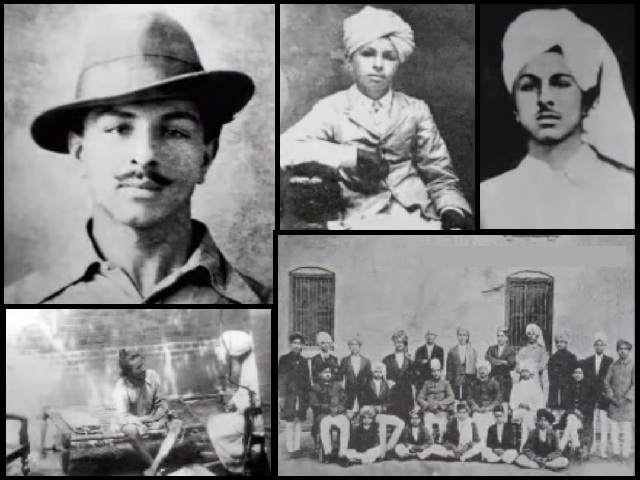Bhagat Singh
Bhagat Singh was a prominent figure in the Indian independence movement against British colonial rule. He was born on September 28, 1907, in a Punjabi family in the village of Banga, present-day Pakistan. He was the second son of Kishan Singh and Vidyavati, and his family was actively involved in the struggle for India's independence.
Bhagat Singh was influenced by the nationalist movements and the harsh realities of British colonialism in India from a young age. He was also influenced by socialist, communist, and anarchist ideologies, and he became a member of the Hindustan Socialist Republican Association (HSRA) at the age of 16.In 1928, Bhagat Singh and several other revolutionaries were arrested for the murder of a British police officer, John Saunders. They believed that the officer was responsible for the death of Lala Lajpat Rai, a prominent Indian nationalist leader. During his imprisonment, Bhagat Singh went on a hunger strike to protest the inhumane treatment of Indian political prisoners.
Bhagat Singh became a symbol of resistance against British colonial rule and a hero of the Indian independence movement. He believed in using violent means to overthrow British rule and was not afraid to sacrifice his life for the cause. On March 23, 1931, Bhagat Singh, along with Raj guru and Sukhdev, was executed by the British government for their role in the Saunders murder.
Bhagat Singh's legacy



Comments
Post a Comment